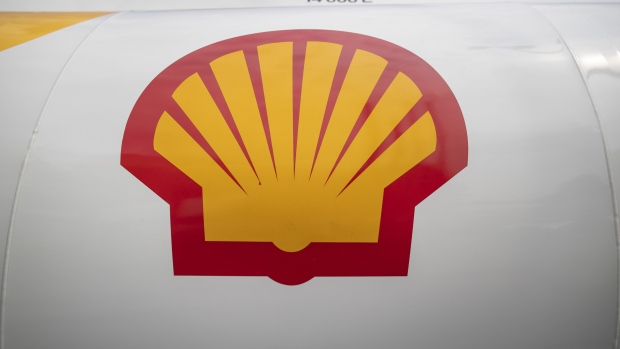Nov 12, 2021
Gas-Hub Plan Turns Urgent for Tanzania as Climate Concerns Rise
, Bloomberg News

(Bloomberg) --
Tanzania is targeting to sign agreements with companies led by Equinor ASA and Royal Dutch Shell Plc within six months, a move that will help revive a $30 billion natural gas project that’s been languishing for five years.
The so-called Host Government Agreement will outline commercial, legal and technical aspects of the LNG project. Tanzania expects the final investment decision to happen earlier, January Makamba, the nation’s new energy minister said in an interview on Tuesday after discussions with senior executives from Equinor and Shell.
Tanzania, which has an estimated 60 trillion cubic feet of natural gas reserves, needs to accelerate development of the energy as pressure builds to transition to cleaner energy. While natural gas is less polluting than other fossil fuels, some environmentalists want to end its use because the industry is responsible for methane that has far more planet-warming power than carbon dioxide. For Africa, gas is vital for energy security.
“We believe that gas is transition energy and our gas has a very particular characteristic, which is a very low amount of CO2, which makes it even more attractive,” Makamba, 47, said. “It’s precisely the ongoing discourse that makes our project more competitive now.”
Tanzania is looking to develop its energy resources as an anchor for President Samia Suluhu Hassan’s agenda to transform the $62 billion economy and raise the nation’s profile as a major gas exporter. Hassan, who came to power in March after the death of her predecessor John Magufuli, has been on a charm offensive to lure back investors who were vexed by past policies that they claimed changed goal posts in the energy and mining industries.
“We want to get the excitement back,” Makamba said. For now his biggest priority is the gas project.
Together with neighboring Mozambique, where TotalEnergies SE is among companies looking to develop gas projects worth over $50 billion, the two countries have enough gas to meet global demand for about a decade.
Other partners in the proposed two-train onshore LNG terminal in southern Tanzania are Exxon Mobil Corp., Ophir Energy Ltd. and Pavilion Energy Pte Ltd.
Tanzania plans to appoint a transaction adviser this month to help build the government’s negotiating capacity and has hired a consultant to review proposed production sharing agreements, according to Makamba.
There’s a new “sense of urgency because of the dynamic nature of the global energy industry at the moment,” Makamba said. “The message is clear from the president and the entire political leadership know that this is important, this has to happen fast.”
While the United Nations-convened Net-Zero Asset Owner Alliance, which is part of the wider finance industry’s $130 trillion climate agreement, plans to reject gas as a green asset, the energy is crucial for Africa.
The world needs to “be fair to Africa” because the continent needs to industrialize and create jobs which requires a stable energy supply, African Development Bank President Akinwumi Adesina said in an interview.
Even if Africa tripled its natural gas output, it would add under 1% to its less-than 3% contribution to global greenhouse gas emissions, Adesina said.
©2021 Bloomberg L.P.


